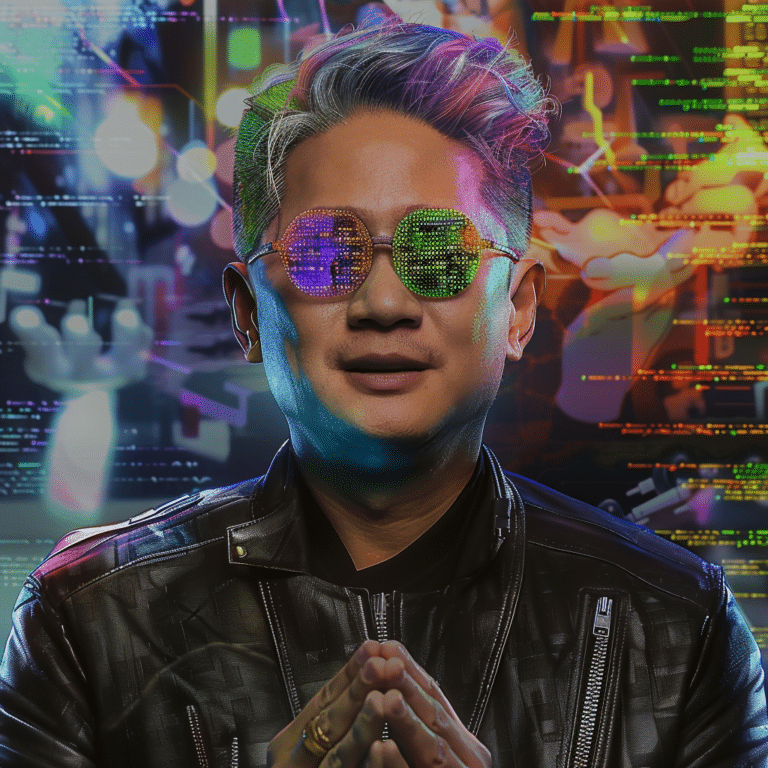The Inevitable Eclipse
Is the era of traditional coding drawing to a close? According to the CEO of Nvidia and other technological prophets, the answer is a resounding yes. They predict that within the next half-decade, artificial intelligence (AI) will not merely assist but entirely replace the need for conventional programming. This bold assertion marks a significant departure from the longstanding belief that learning to program is a fundamental skill for the future.
The End of Coding As We Know It
The premise that AI will eliminate the need for traditional coding is rooted in a vision where expertise in specific domains, rather than in programming, becomes the gateway to leveraging technology. This revolutionary idea suggests a future where technology is democratized to such an extent that anyone could “program” through natural language, effectively making “everyone a programmer.”
The Telling Trends
Supporting this vision, GitHub’s statistics reveal a dramatic shift: a staggering 41% of coding is now generated by AI. When AI systems like ChatGPT demonstrate proficiency in programming challenges, it’s clear that the transformation from manual coding to AI-generated code is not merely hypothetical but already underway.
AI Coding Assistants: The Harbingers of Change
AI coding assistants stand at the forefront of this transformation, embodying the bridge between human intent and the execution of complex tasks by machines. This advancement, however, heralds not the end of coding as a discipline but its rebirth. Coding is evolving from a skill dominated by the understanding of syntax and semantics to one focused on guiding AI in problem-solving and creative innovation.

The New Paradigm
Each leap in computing abstraction has made technology more accessible, and AI coding assistants are the next step in this evolution. They promise a future where communication between humans and machines becomes more intuitive. Nevertheless, as we navigate this transition, it’s crucial to recognize that while AI may take over the mechanical aspects of coding, the human elements of creativity, ethical judgment, and complex problem-solving will become more vital than ever.
A Future Reshaped by AI
The discussion around AI and the future of coding is fundamentally about transformation. With AI poised to redefine the landscape within five years, we’re looking at a future where access to and interaction with technology are drastically simplified, fostering a new era of innovation and creative exploration.
